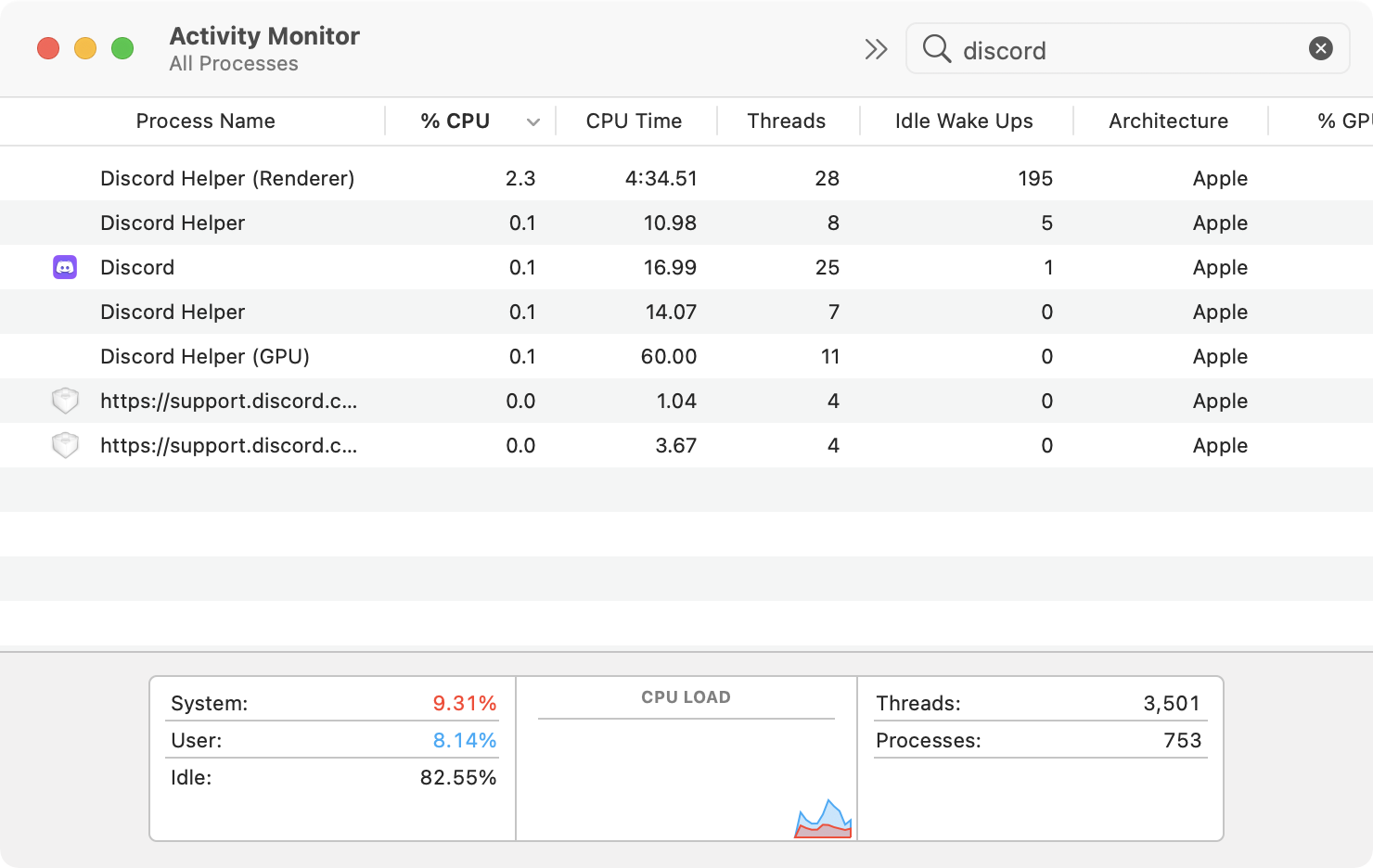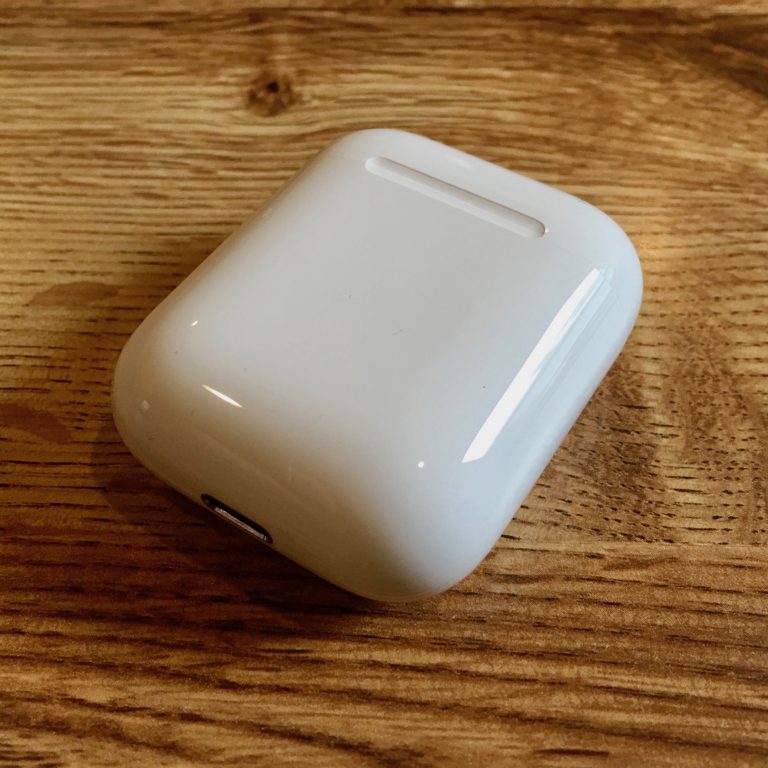More on the MacBook Logic Board
I had some more thoughts on the new MacBook's logic board that didn't fit so well into my post from yesterday. The new tiny low-power logic board from the new MacBook could open up a whole new world of possibilities for a lot of existing Apple products. A Mac Mini powered by the a board of that size that can fit in your pocket for traveling is one1. A next-generation TV with more powerful hardware and a diminutive size. It also opens the possibility for Apple to be able to move more back into the education market with smaller computers that could have a better performance to price ratio, all powered by the small new logic board. ARM-based or not, it could open a whole new world of possibilities.
I think there's also a possibility of some sort of standardization in terms of the logic boards in some of the lower-end Macs. I can see a time in the future where the MacBook 12", the Mac Mini, and the low-end iMac all use the same exact logic board with slightly different processor and memory configurations. Then like with the iPad Air and Mini, and the iPhone 6/s, the choice of which computer to buy really is only about the size2. It makes the choice of which to buy much easier for a lot of people, which I think would be really good.
Who knows, this thing could potentially end up powering the mythical iPad Pro3. I guess we'll just have to wait and see.
- Got the idea from twitter user @forgottentowel ↩
- It's about the size up until the point where you actually care about performance. For a lot of potential Mac buyers I don't really think that the performance is as big of a deal as it might be for us nerds. ↩
- Considering the new MacBook is almost identical to an iPad with a keyboard (almost identical IO configuration with one port for data and power and a headphone jack; low-power draw; Retina display; etc.), I don't think this thought is so far fetched. ↩
Arthur Rosa is an engineering manager based in Sunnyvale, California.

